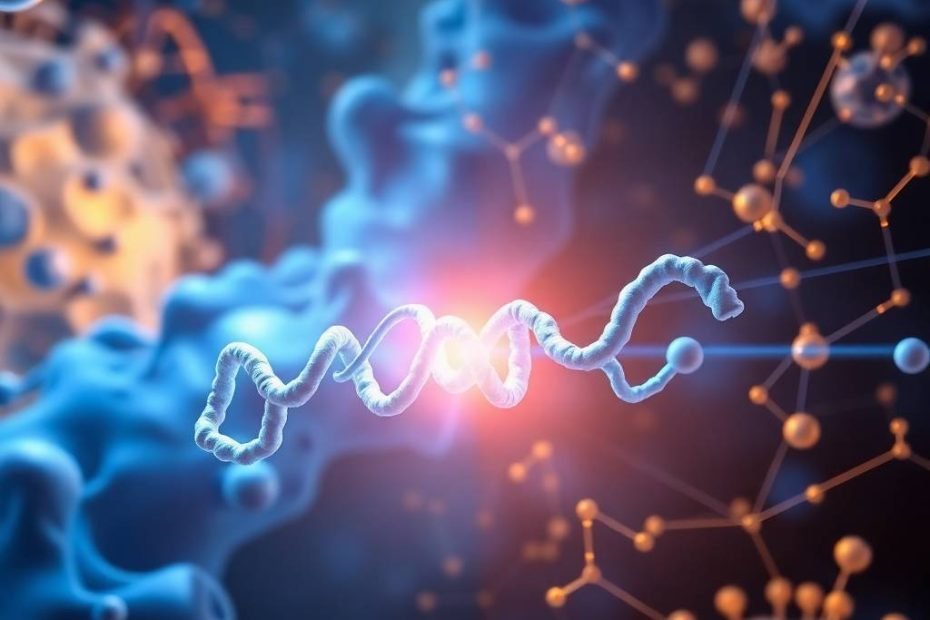Summary:
The discovery of the MANF protein is transforming regenerative medicine by addressing aging and neurodegenerative diseases. By regulating autophagy and proteostasis, it offers groundbreaking therapies for conditions like Alzheimer’s and Parkinson’s. This breakthrough in the 4th wave of biomedical innovation promises healthier, longer lives while redefining the future of cellular repair and precision medicine.
The Role of MANF in Cellular Health
MANF has been found to regulate essential cellular processes, such as autophagy (the body’s way of cleaning out damaged cells) and lysosomal function, which are critical for maintaining proteostasis—a balance of protein production and degradation within cells. As we age, these processes falter, leading to the accumulation of cellular debris, increased oxidative stress, and the onset of age-related diseases like Alzheimer’s and Parkinson’s.
Unlike traditional treatments that merely address symptoms, MANF offers a proactive approach by targeting the root causes of cellular decline. Its ability to stabilize cellular environments has the potential to slow, or even reverse, age-related deterioration, ushering in a new era of precision medicine.
Breakthrough Discovery: How MANF Protein is Transforming Regenerative Medicine
A groundbreaking discovery at McMaster University is redefining the landscape of regenerative medicine. Researchers have unveiled a previously unrecognized function of the MANF protein, a pivotal player in cellular health and longevity. This revelation has positioned MANF at the forefront of the “4th wave” of medical breakthroughs—an era where advanced understanding of cellular mechanisms converges with regenerative therapies to combat aging and disease.
Implications for Regenerative Medicine
This discovery holds immense promise for regenerative medicine, particularly in developing therapies that delay aging and combat neurodegenerative diseases. For example:
- Neurodegenerative Diseases: By enhancing cellular resilience, MANF could mitigate the effects of disorders such as Alzheimer’s and Parkinson’s.
- Aging and Longevity: MANF’s ability to promote healthier cellular environments may pave the way for treatments that extend human healthspan and quality of life.
- Biotechnological Advancements: This breakthrough encourages the development of innovative therapies that integrate MANF’s functions into broader regenerative strategies.
Why This Matters
The discovery of MANF is a testament to the progress of the “4th wave” of medical research, where the focus shifts to understanding and manipulating the intricate mechanisms of life at a cellular level. Keywords such as “cellular health,” “proteostasis,” “autophagy,” and “neurodegenerative disease prevention” are not just buzzwords but represent the pillars of this innovative approach.
As the science community races to translate these findings into practical applications, the potential impact is nothing short of revolutionary. Imagine a world where age-related diseases are no longer a certainty, where aging is a controllable process, and where healthspan—not just lifespan—becomes the ultimate metric of human well-being.
